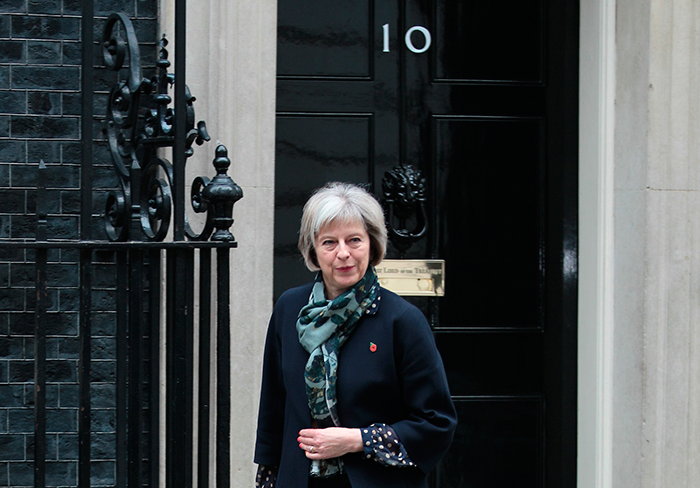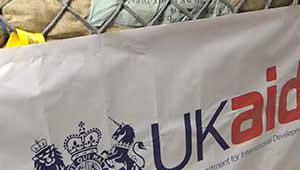
Cabinet members loyal to Theresa May would support her version of Brexit – which is short of a the complete break desired by Tory eurosceptics. Photo: Shutterstock
This time last year, David Cameron was preparing for the annual conference of the first Conservative majority government for 20 years.
Without claiming any great prophetic insight, I wrote in this column that, however tempting it might be given the state of the Labour opposition and the near demise of the Liberal Democrats, triumphalism would be unwise. I suggested that the biggest challenge to Cameron’s premiership was the EU referendum and it was “not inconceivable that over the next five years the Tories could preside over the end of the United Kingdom and withdrawal from the European Union”. Many Conservatives thought this preposterous, not least in No 10 where officials considered the referendum result a foregone conclusion. Twelve months on, Cameron has departed and the legacy of his fateful decision to call the referendum ticks like a time bomb under the entire structure of the nation – political, economic, judicial and cultural.
Preparing for Brexit will be the main dynamic in the cabinet over the next few months. Much has been said about the number of women in the cabinet and the presence of more experienced and grizzled heads but their main task remains the same as it was under Cameron – to fulfil election pledges.
May evidently has different priorities from those of her predecessor; but, if she wants to break fundamentally with the manifesto on which the Tories won power, then she would have to hold a general election.
One of the big hopes of senior ministers is that the chumocracy of Cameron will be replaced by the return of proper cabinet government where the prime minister is primus inter pares, not a dictator. The circumstances make this particularly important because, while Theresa May says “Brexit means Brexit”, it means a different thing to her than it does to the hardline eurosceptics. They want a complete break with the EU; May and Philip Hammond would prefer something more nuanced. The chancellor has made it clear he would like to see Britain remain in the single market.
The prime minister is not going to proceed with a course of action she feels will damage the country. Essentially, the Three Brexiteers – David Davis, Liam Fox and Boris Johnson – have until the end of the year to come up with a plan for disengagement with Europe that passes the May/ Hammond test of feasibility and does not risk crashing the economy. If they cannot produce the goods, then May will negotiate a deal with the EU that takes us out of the political and legal structures but keeps a line into the single market.
She will need to compromise on free movement and, while doing so might have long-term electoral consequences in areas where immigration was the biggest issue in the referendum, these are likely to hurt Labour more than the Conservatives.
This is where the position of the cabinet will be critical. Most newcomers to the top table and those given better jobs will feel obliged to May for their promotions and would support a deal that fell short of a complete break. She should have no trouble outflanking the hardliners if she needs to. She would also have a majority in parliament, too, if she requires all-party support for a Brexit plan that the Tory eurosceptics don’t like.
However, that would just revive the internal Conservative party row over Europe that the referendum was supposed to end. Dozens of unreconstructed leavers on the backbenches will regard anything short of a complete break with the EU and an end to free movement as a betrayal of the people’s revolution of 23 June. There would then be only one way to resolve this stand- off: put the Brexit deal to the country in another referendum.
This time next year, that is where we will be heading.




















